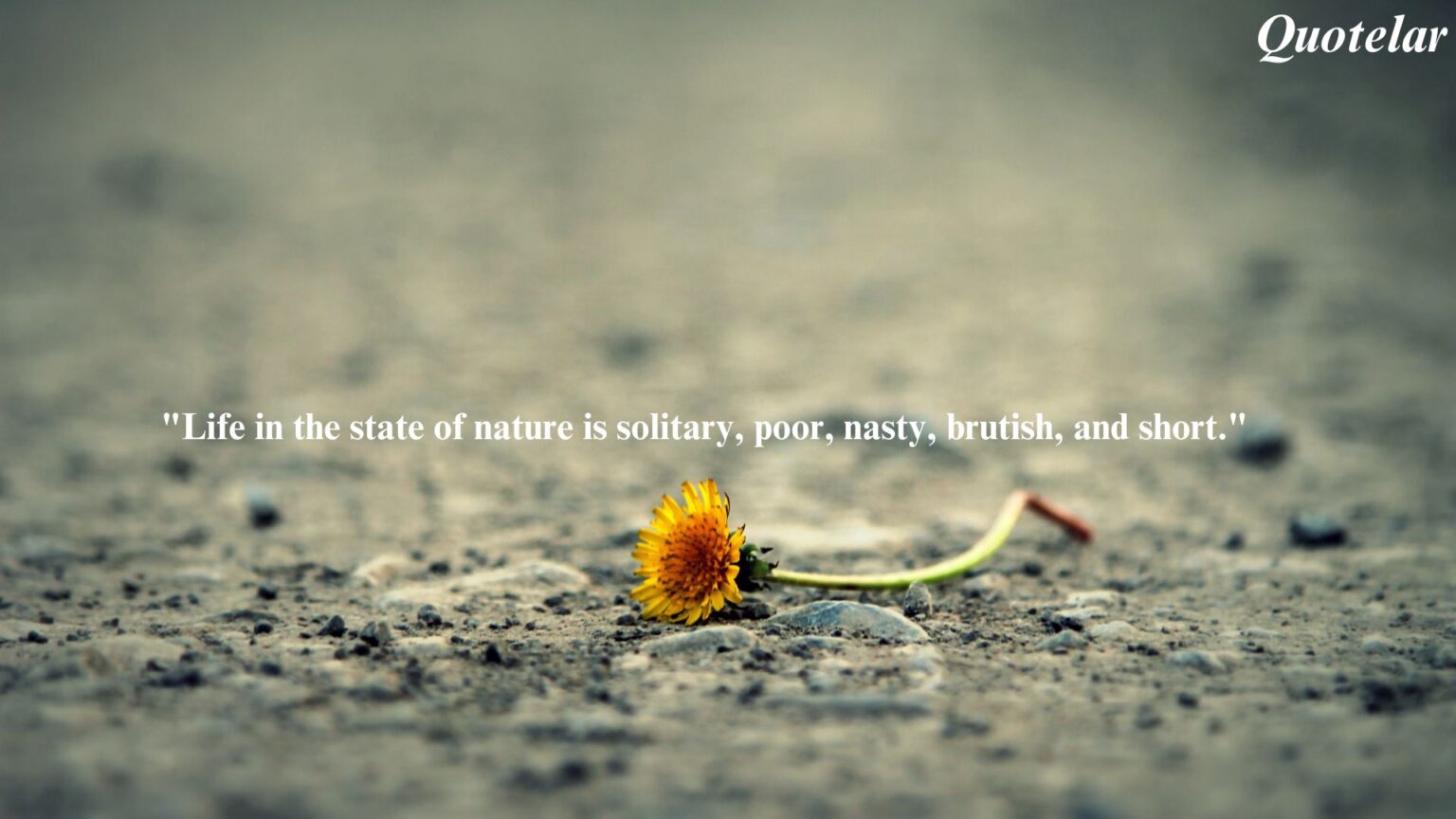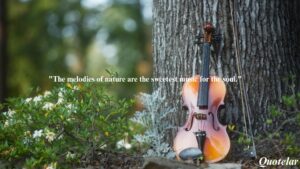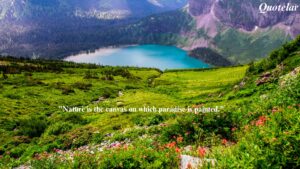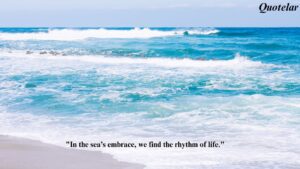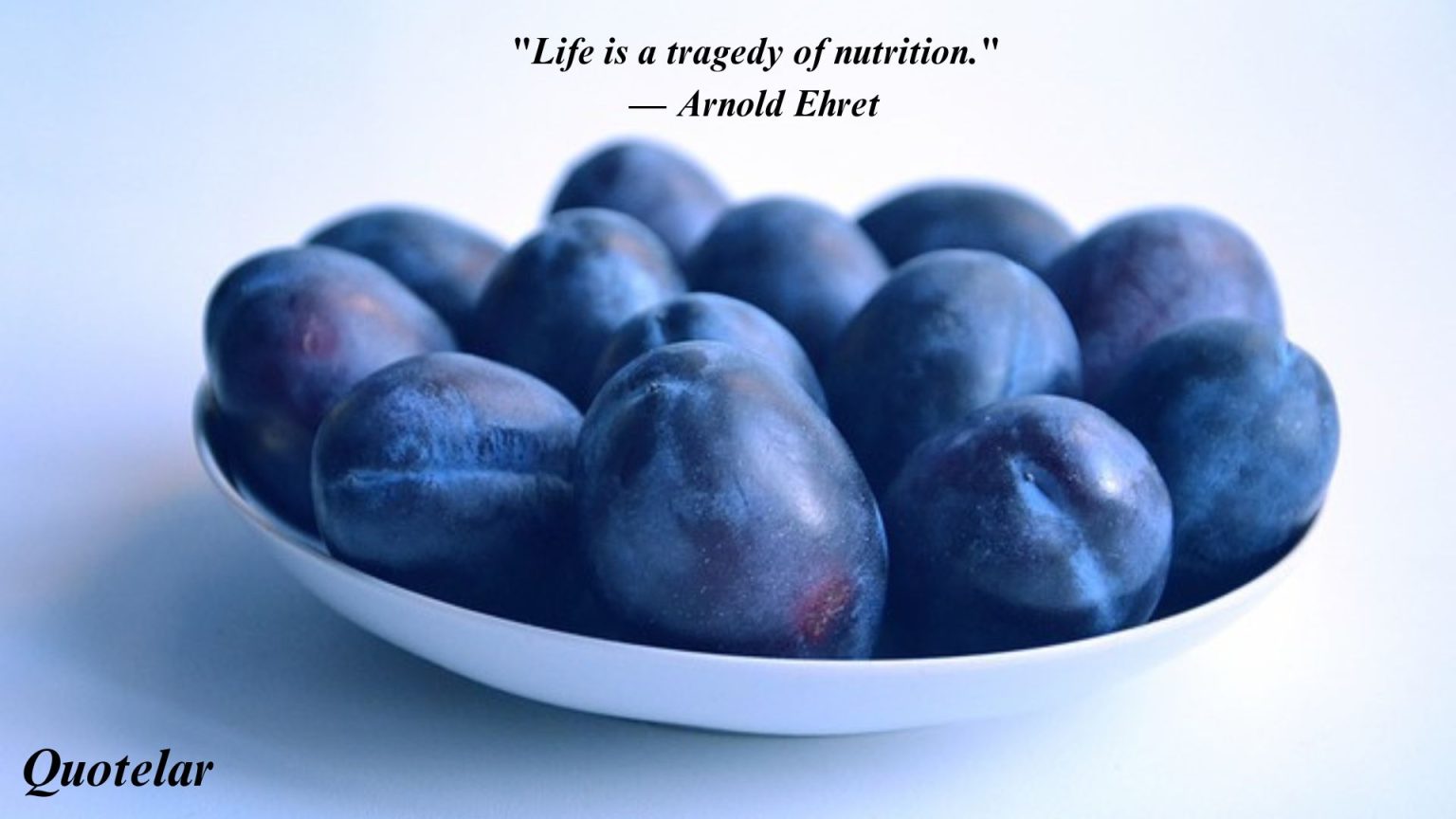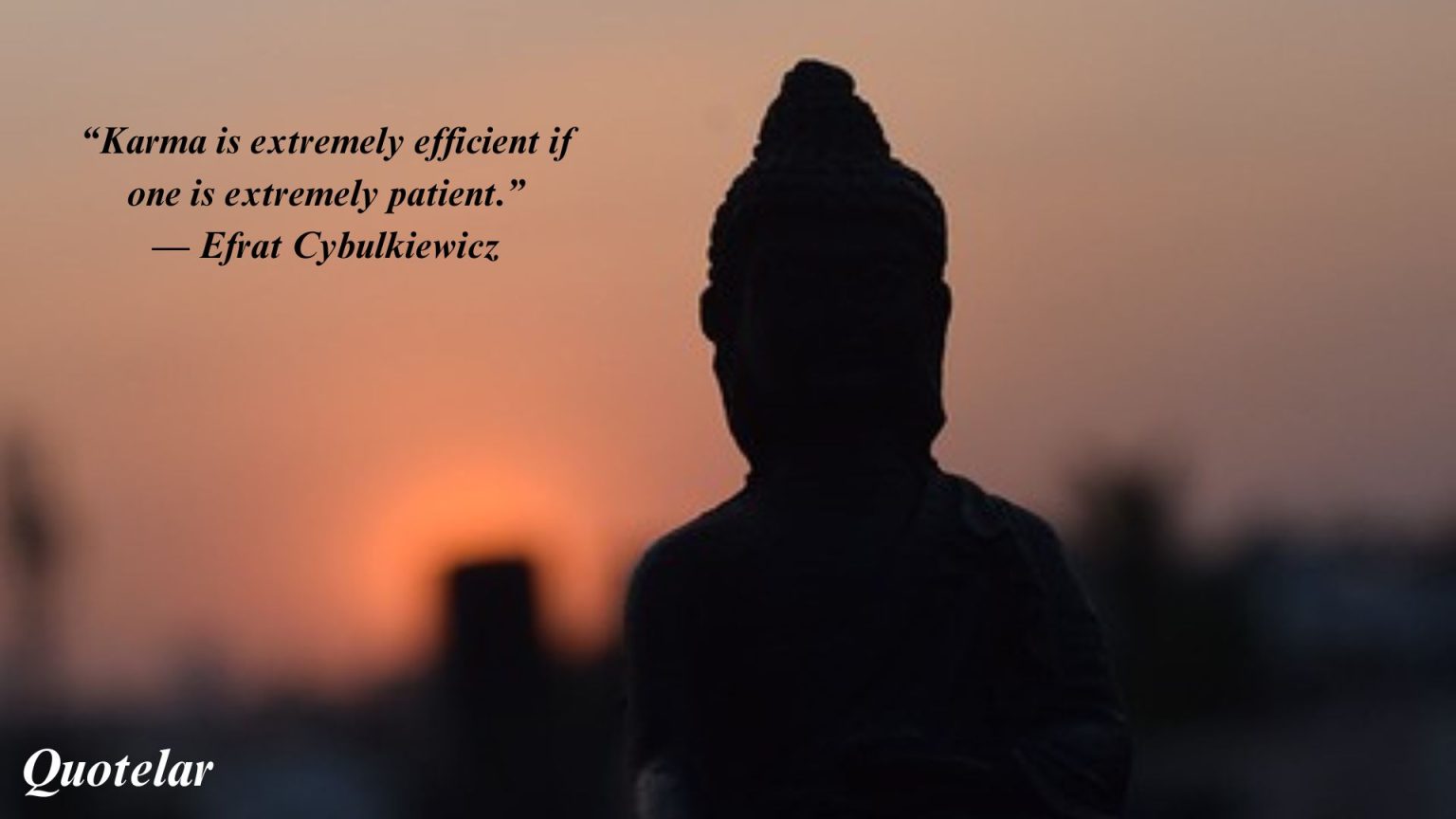Thomas Hobbes, a prominent English philosopher, offered a stark and pessimistic view of human nature in his seminal work, Leviathan. He argued that humans are inherently selfish, driven by a perpetual desire for power and self-preservation. In a state of nature, without a governing authority, life would be “solitary, poor, nasty, brutish, and short.” While Hobbes’ perspective may seem bleak, it provided a foundation for understanding the importance of political order and the role of government in maintaining social stability. His ideas continue to influence political philosophy and discussions about human nature today.
Thomas Hobbes Quotes On Human Nature
1. “The condition of man… is a condition of war of everyone against everyone.”
2. “In the state of nature, profit is the measure of right.”
3. “During the time men live without a common power to keep them all in awe, they are in that condition which is called war.”
4. “The desires of men are insatiable, and in their search for satisfaction, they are drawn into conflict.”
5. “Man is driven by a perpetual and restless desire of power after power, that ceaseth only in death.”
6. “The natural state of mankind is a state of war, where every man is enemy to every man.”
7. “Fear and I were born twins together.”
8. “In the nature of man, we find three principal causes of quarrel: competition, diffidence, and glory.”
9. “It is not wisdom, but authority, that makes a law.”
10. “Covenants, without the sword, are but words and of no strength to secure a man at all.”
11. “The right of nature, which writers commonly call jus naturale, is the liberty each man hath to use his own power as he will himself for the preservation of his own nature.”
12. “Life in the state of nature is solitary, poor, nasty, brutish, and short.”
13. “The passions that incline men to peace are fear of death, desire of such things as are necessary to commodious living, and a hope by their industry to obtain them.”
14. “Nature hath made men so equal, in the faculties of body and mind.”
15. “Where there is no common power, there is no law; where no law, no injustice.”
16. “For such is the nature of men, that howsoever they may acknowledge many others to be more witty, or more eloquent, or more learned, yet they will hardly believe there be many so wise as themselves.”
17. “Force and fraud are in war the two cardinal virtues.”
18. “The obligation of subjects to the sovereign is understood to last as long, and no longer, than the power lasteth by which he is able to protect them.”
19. “The greatest of all evils for man is to be placed in a condition of war.”
20. “Appetite, with an opinion of attaining, is called hope; the same, without such opinion, despair.”
21. “Men are continually in competition for honor and dignity, which these creatures can have no conception of.”
22. “The liberty each man hath to use his own power as he will himself for the preservation of his own nature.”
23. “The laws of nature are immutable and eternal; what they forbid, can never be lawful.”
24. “And covenants, without the sword, are but words and of no strength to secure a man at all.”
25. “Leisure is the mother of philosophy; and common-wealth, the mother of peace, and leisure.”
26. “For it can never be that war shall preserve life, and peace destroy it.”
27. “The condition of man is a condition of war of everyone against everyone.”
28. “Words are the counters of wise men, and the money of fools.”
29. “The end of knowledge is power; and the use of power is the protection of the body.”
30. “Men’s desires are to obtain riches, honor, command, or other power over men; and finally, to ensure the strength, knowledge, and ability that enables them to achieve these ends.”
